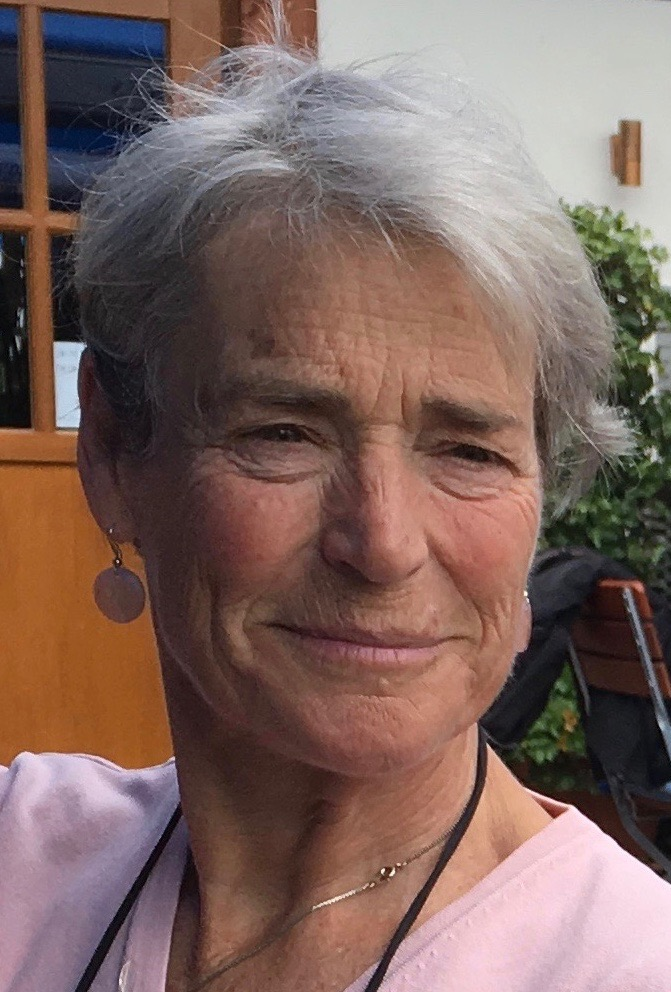Psychoanalytic Observational Studies
Masters/PG Diploma Programme in Leeds
This course offers participants the opportunity to develop observational skills within a psychoanalytic framework and to apply this in their professional work.
Psychoanalytic Observational Studies is a distinctive experiential approach to training for professionals working with children, young people and their families.
The course is designed to help people deepen their understanding and awareness of human development and interaction and to help participants to think about their work from a psychodynamic perspective. The course is relevant to teachers, psychologists, child and adolescent psychiatrists, social workers, occupational therapists, nurses and allied professional disciplines.
Students are required to be working in a professional capacity with children, adolescents or families. They are generally expected to have had at least one year's experience of such work before commencing the course.
Completion of the course or equivalent is a pre-requisite for those wishing to apply for the clinical training in child and adolescent psychotherapy.
Applications
Applications will open in February 2024 for 2024-2025 intake. For further information regarding the programme in 2024-25 please see downloadable course flyer to the right of this page.
Please note: Once you have gained access to the University portal please select the 'PGDip Psychoanalytic Observational Studies' option rather than the MPsych.
This course is validated by the University of Leeds, however all general enquiries are to be directed to NSCAP on 0113 855 8750 or nscapadmin.lypft@nhs.net . Please also see the downloadable FAQ document to the right of this page.
We are accepting late applications to the programme and welcome you getting in touch to discuss this.
Please contact nscapadmin.lypft@nhs.net if you are interested in putting in a late application to the programme for 2024/25 so that you can liaise with the Admissions Tutor or Programme Lead prior to applying.
Testimonials
External Examiner (2014 – 2018): Psychoanalytic Observational Studies
"Studying with NSCAP, the way you learn is beyond book learning to life learning: tailored to help develop all the resources you need in becoming a capable professional. You learn to face the complex and difficult demands of working situations and reflect on them even when under pressure to react. This learning method is structured into every part of the psychoanalytic observational course and supported by tutors and fellow students. As external examiner, I know from students' progression through the modules that they are changed by the way they learn and they thrive on this unique way of learning."
Wendy Hollway, Emeritus Professor of Psychology - Open University

Videos
We have produced a selection of videos to help potential students, and their employers, understand more about what is involved in psychoanalytic observation and how it benefits the student and their work practices. In these videos current and former students on the programme talk about their experience of being on the programme and how it has impacted on them. We believe that our students are the best advocates for the distinctive and high quality experience of education and training at NSCAP. We are very grateful to the students who agreed to contribute to these videos and who spoke so eloquently.
Video 1: NSCAP students talk about the experience of starting an infant observation and what they gained from the process.
Video 2: In this video NSCAP students talk about how the course has helped them develop in their work with children and young people and also as individuals.
Video 3: NSCAP student Sam talks about his experience of the psychoanalytic observation course.
Video 4: In this video Michelle talks about how studying at NSCAP benefited her work as a midwife and how it has informed her current training as a Child and Adolescent Psychotherapist.
Video 5: Students talk about their experience of learning and developing at NSCAP.
Is this course right for me?
Who is the course for?
All professionals working with children, young people and their families who want to develop their capacity to observe and to think about the meaning of behaviour from a psychoanalytic perspective. Students include: teachers, learning mentors, social workers, residential care workers, psychologists, child and adolescent psychiatrists, paediatricians, counsellors, CAMHS practitioners, health visitors, midwives and youth workers.
What does it offer?
The skills gained through the experience of observing infants and young children over an extended period enhance the quality of direct work with children, young people and families. The programme is a pre-requisite for those wishing to undertake clinical training in child and adolescent psychotherapy.
Will it help my work with children and young people?
Students report that the programme is highly relevant to their professional work. Working practice is significantly enhanced by a better understanding of difficult or troubling behaviour. They also indicate that they feel more able to think under pressure and not to be forced into precipitate action.


